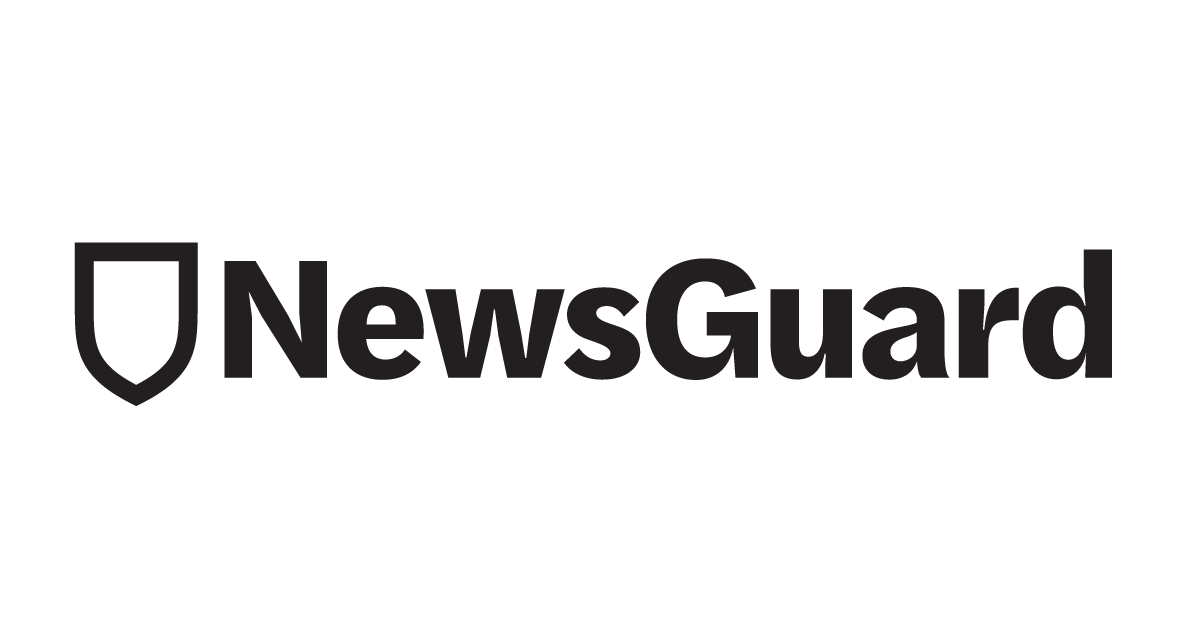NewsGuard Now Identifies 125 News and Information Websites Generated by AI, Develops Framework for Defining ‘Unreliable AI-Generated News’ and Information Sources
newsletter via Feeds on Inoreader 2023-05-20
Summary:

(May 19, 2023 —New York City) The number of news and information websites generated by AI — and operating with little to no human oversight — has more than doubled in two weeks, a NewsGuard analysis has found.
NewsGuard has now identified 125 websites that are entirely or mostly generated by AI tools, adding to the 49 sites NewsGuard identified just two weeks ago in a special report highlighting the discovery of the first such sites — indicating that the transformative technology is increasingly being used in a widespread manner to produce low-quality news and information sites. The revenue opportunity for these sites is to attract programmatic, algorithmically placed advertising from top Western brands whose ad spending is unintentionally going to these unreliable sites.
As the number of AI-generated content farms continues to proliferate, NewsGuard today is announcing an industry standard framework for defining a site as an Unreliable AI-generated News site, or a “UAIN” site.
NewsGuard considers a site to be Unreliable AI-generated News if it meets all four of these criteria:
- There is clear evidence that a substantial portion of the site’s content is produced by AI.
- Equally important, there is strong evidence that the content is being published without significant human oversight. For example, numerous articles might contain error messages or other language specific to chatbot responses, indicating that the content was produced by AI tools without adequate editing. (It is likely that now or in the future many news sites will use AI tools but also deploy effective human oversight; they will not be considered UAINs.)
- The site is presented in a way that an average reader could assume that its content is produced by human writers or journalists, because the site has a layout, generic or benign name, or other content typical to news and information websites.
- The site does not clearly disclose that its content is produced by AI.
In all cases of suspected UAINs, and as is standard practice whenever NewsGuard assesses a website negatively, NewsGuard will seek comment from the site’s proprietors, if they can be identified, before publishing its rating.
Seeking Ad Dollars – With Generic Names, Now in Ten Languages
As with the sites identified by NewsGuard’s previous analysis, these newly identified websites have churned out dozens and sometimes hundreds of clickbait, poorly written articles. These sometimes include false claims, such as celebrity death hoaxes, fabricated events, and articles presenting old events as if they just occurred. These sites are seemingly designed to optimize programmatic advertising revenue through advertising placed by ad tech firms. The operators of these sites select generic names for them such as iBusiness Day, Ireland Top News, and Daily Time Update, making them appear to publish traditionally created and edited journalism, and cover a range of subjects including politics, technology, entertainment, and travel.
The 125 AI-generated sites now identified by NewsGuard span ten languages: Arabic, Chinese, Czech, Dutch, English, French, Indonesian, Portuguese, Tagalog, and Thai.
NewsGuard found that the sites themselves often give away that they are AI-generated, for example by publishing articles that contain tell-tale error messages known to be generated by AI chatbots. For example, such sites often use common responses from AI prompts such as “as an AI language model,” “I cannot complete this task,” and “I don’t have access to current events.” The sites are generally anonymously run, publish articles with no bylines, and include About Us pages and Privacy Policies that appear to have been produced algorithmically.
Consistent with NewsGuard’s previous findings, the newly identified websites have prompted AI tools to produce false or unsubstantiated claims about health and U.S. politics.
For example, the anonymously run website Medical Outline, which says that its content aims to meet “parameters of originality, credibility, and validity,” has published more than 50 AI-generated articles providing medical advice, NewsGuard found. Many articles promote unproven and potentially harmful natural health remedies, with headlines such as “Can lemon cure skin allergy?” “What are